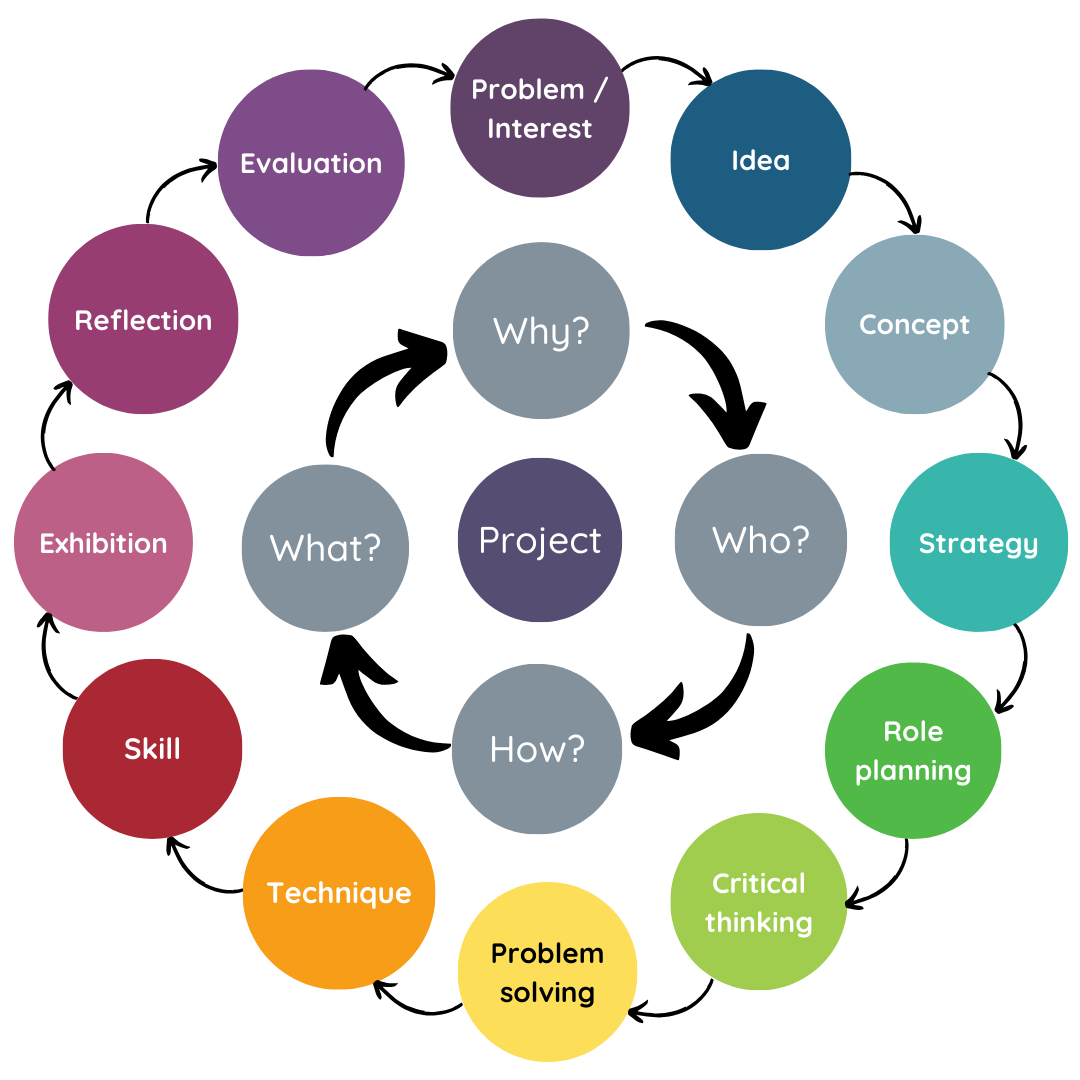Curriculum
Covering all the usual subjects...
At Hawthorn Learning we support students to design their own personal learning programs, to explore their passions and purpose in life. Our “curriculum” is an intention and an approach that blends all the traditional curriculum subjects, the UK national curriculum and more, into expanded, contextual, trans-disciplinary project-focused areas of learning.
We understand that the traditional subject categorisation artificially separates out topics and skills that are needed to be used together and understanding of how they integrate and overlap is crucial to embedded learning.
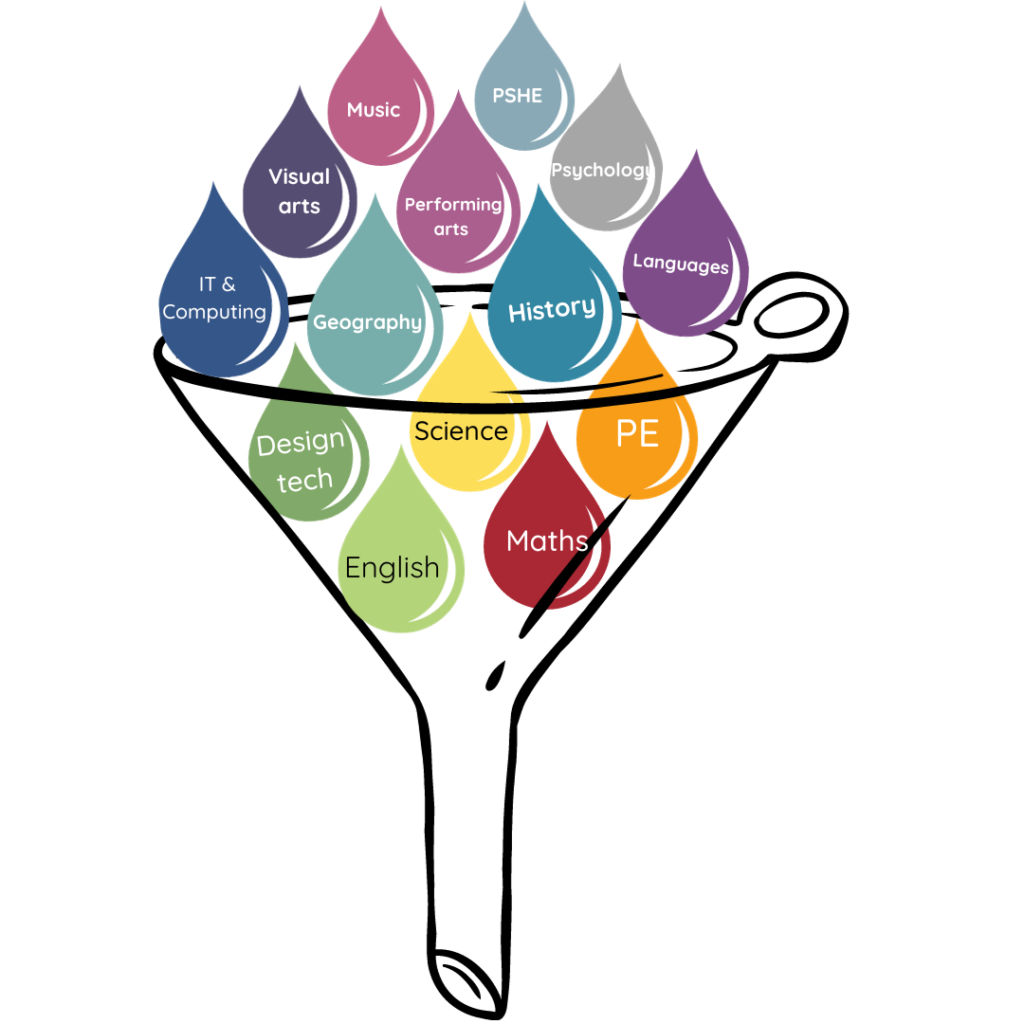
But in a way that works for life
By delivering the standard curriculum through holistic, real-world projects, we are liberating learners’ insatiable curiosities about the universe we live in and empowering the entrepreneurs and world-builders of the future.
People have a vast range of interests and abilities and the world needs everyone, to be the best they can be, to sustain a good life and enrich our global community.
To create a sustainable existence we need to build healthy relationships with ourselves, others, the things we use and our planet.
Education should be fun and empower all learners to explore a life-long journey of curiosity and exploration.
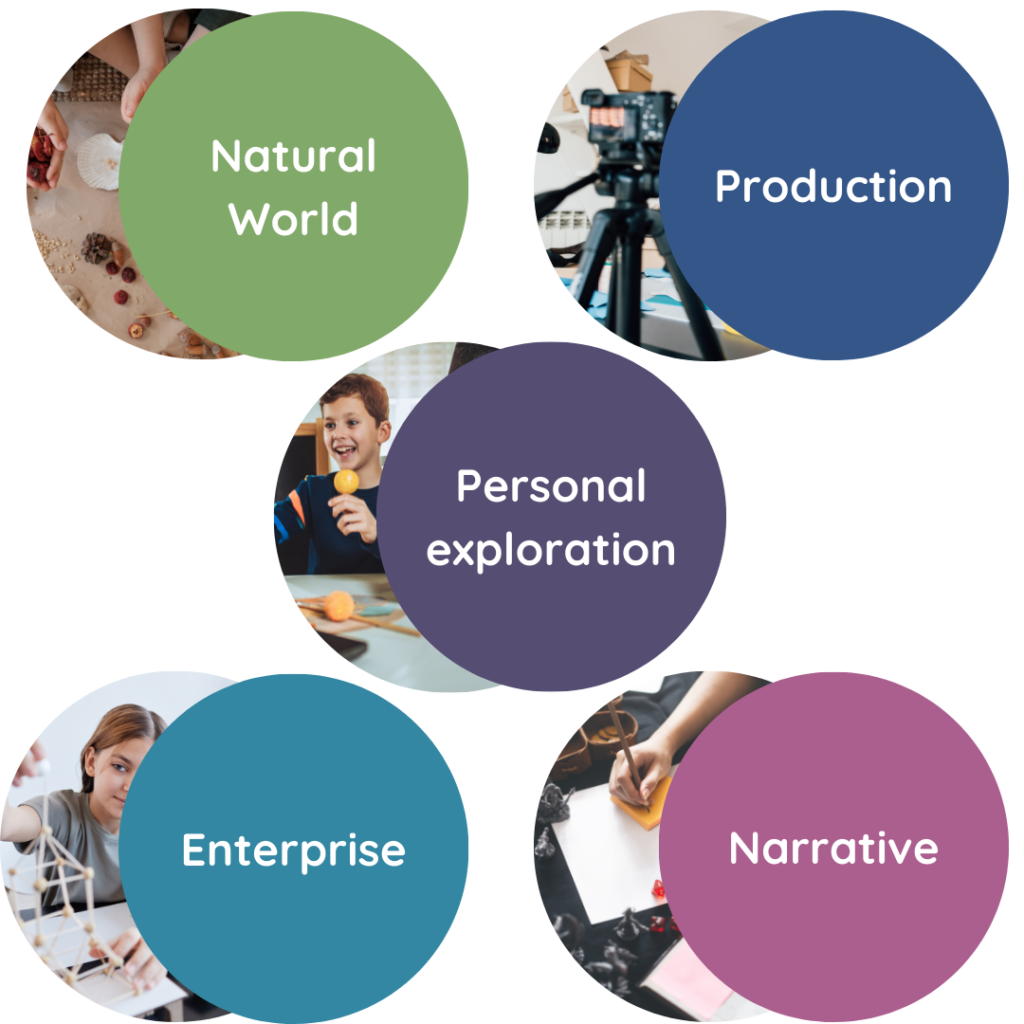
Five curriculum areas

Natural world
Food, growing, sustainability, survival, nutrition, cycles, health
The natural world area of the curriculum investigates how humans connect with the world that we live on. This includes the journey of food from the ground to the plate, and waste management. We learn about natural and the cycles that support growth. We cook food, find out about the history and practices of global food trade, nutrition and health. This pathway covers much of the biology, chemistry and geography curriculum. We also learn about what the world needs, and what we as humans need in order to survive in the natural world.
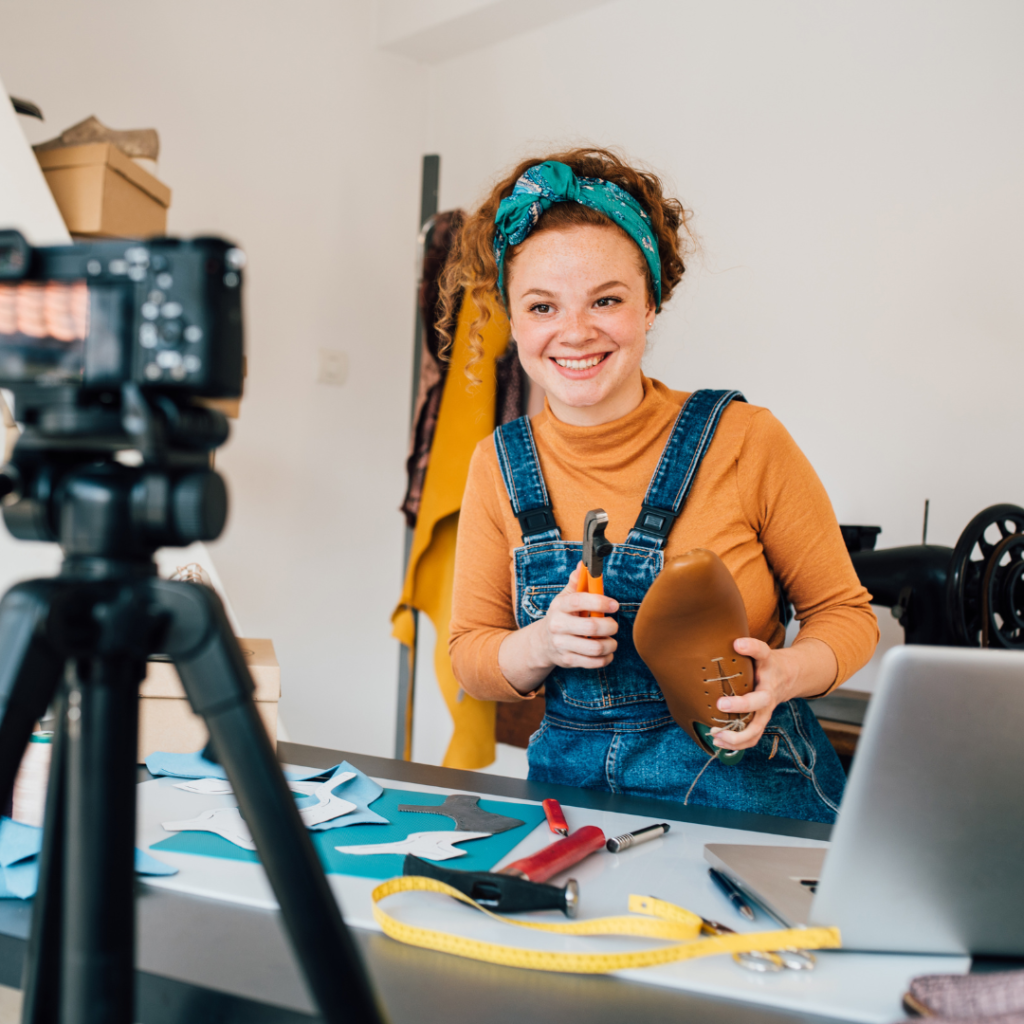
Production
Film, Theatre, Exhibition, Events, Music, Performance
The production area of the curriculum supports learners to express themselves. They will create content for live events, such as stop-frame animation, all types of film creation, a cultural identity fashion show or a documentary on migration. Learners research the topic, and skill areas, make all the content and then plan, budget and manage an event for parents and the local community.
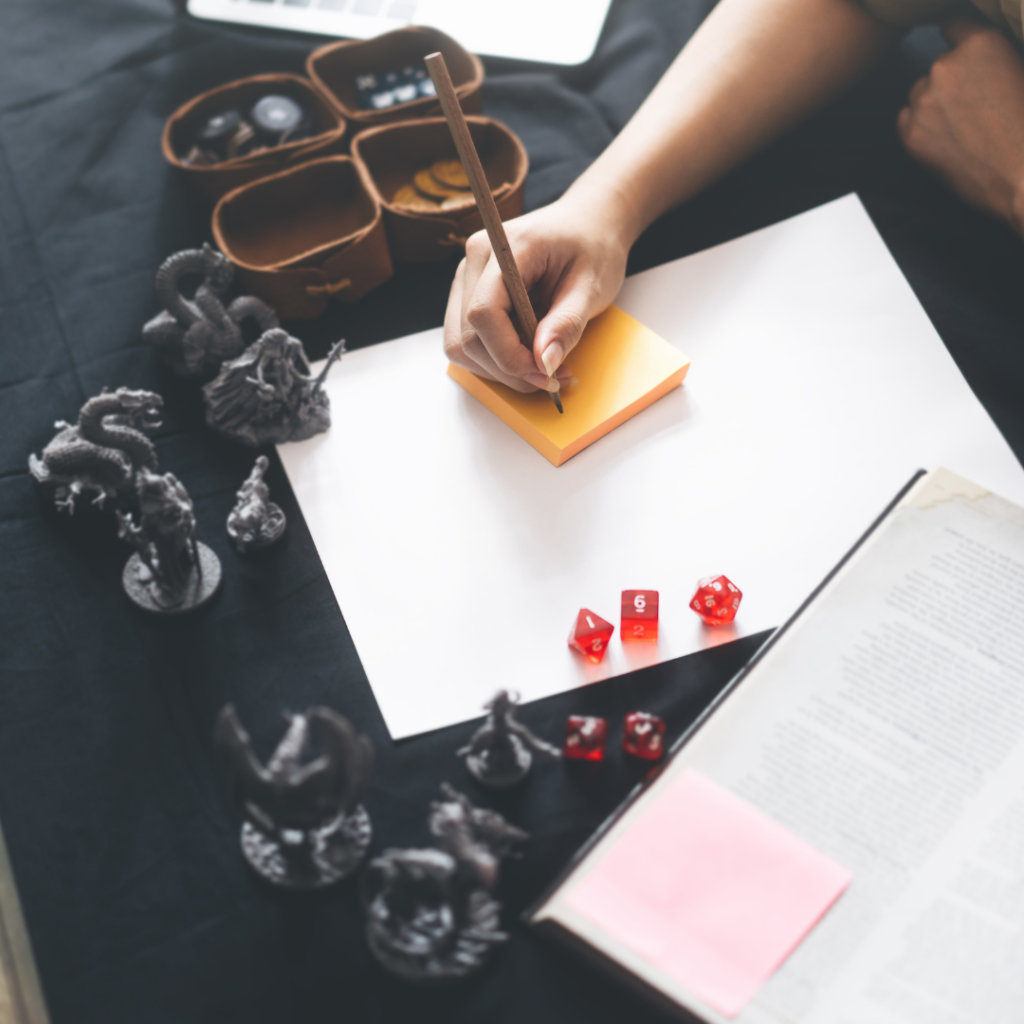
Narrative
Live action role play, Gaming, Animation, Story-making and telling, relationships, identity
In the narrative area of the curriculum students go on RPG (Role Playing Game) adventures into historical settings, such as Ancient China, the Indian Spice trade and Mansa Musa’s Malian empire. They design characters and compose their backstories, considering the beliefs, social structures, professions, etc. of the time they are in. We review the motivations behind the different types of games, learning about strategies, collaboration and game mechanics. All human experience is made of stories and so we can explore everything this way.
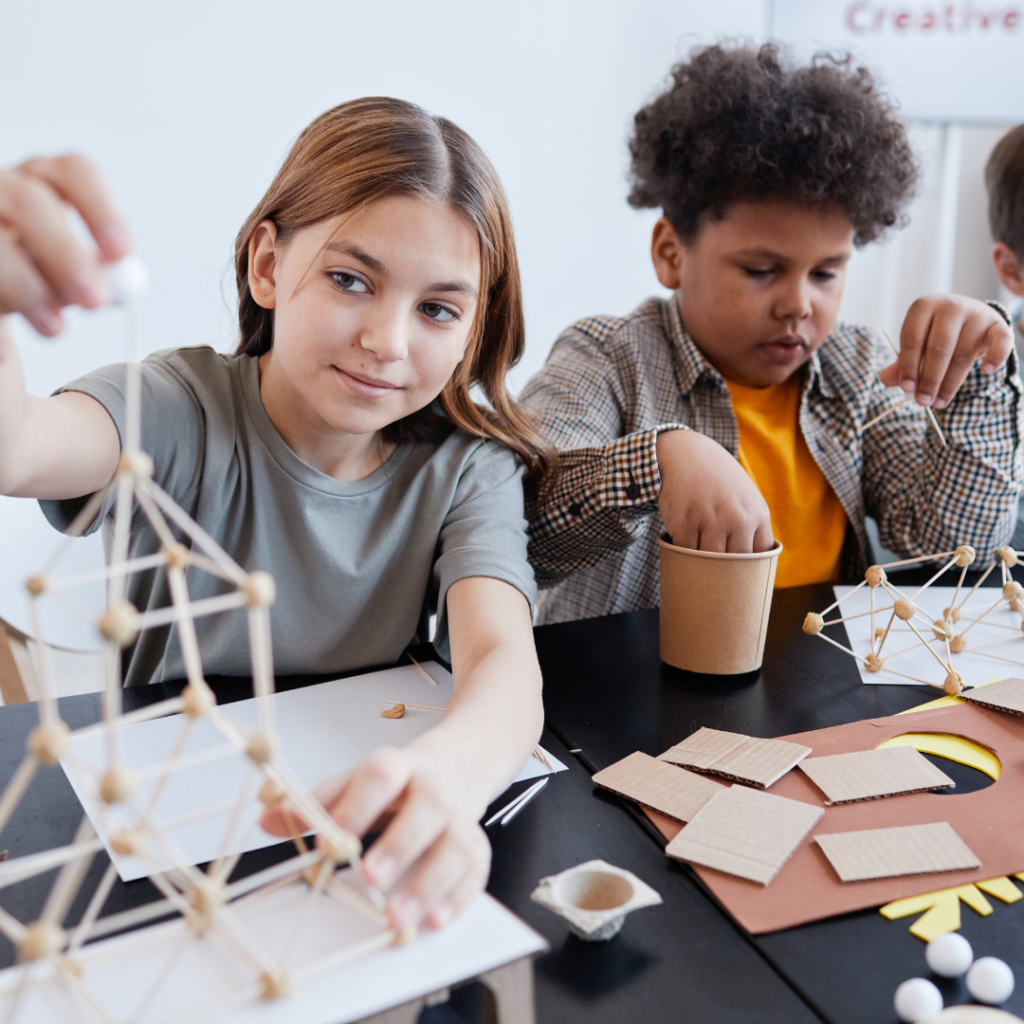
Enterprise
Products, design, engineering, technology, entrepreneurship, architecture
The enterprise area of the curriculum fosters entrepreneurial and design thinking, and is about creating solutions. Learners design their own products, explore industrial and civic design, architecture, engineering, robotics and coding. We encourage students to start their own ethical, sustainable and inclusive businesses and they learn about company structures and finance.
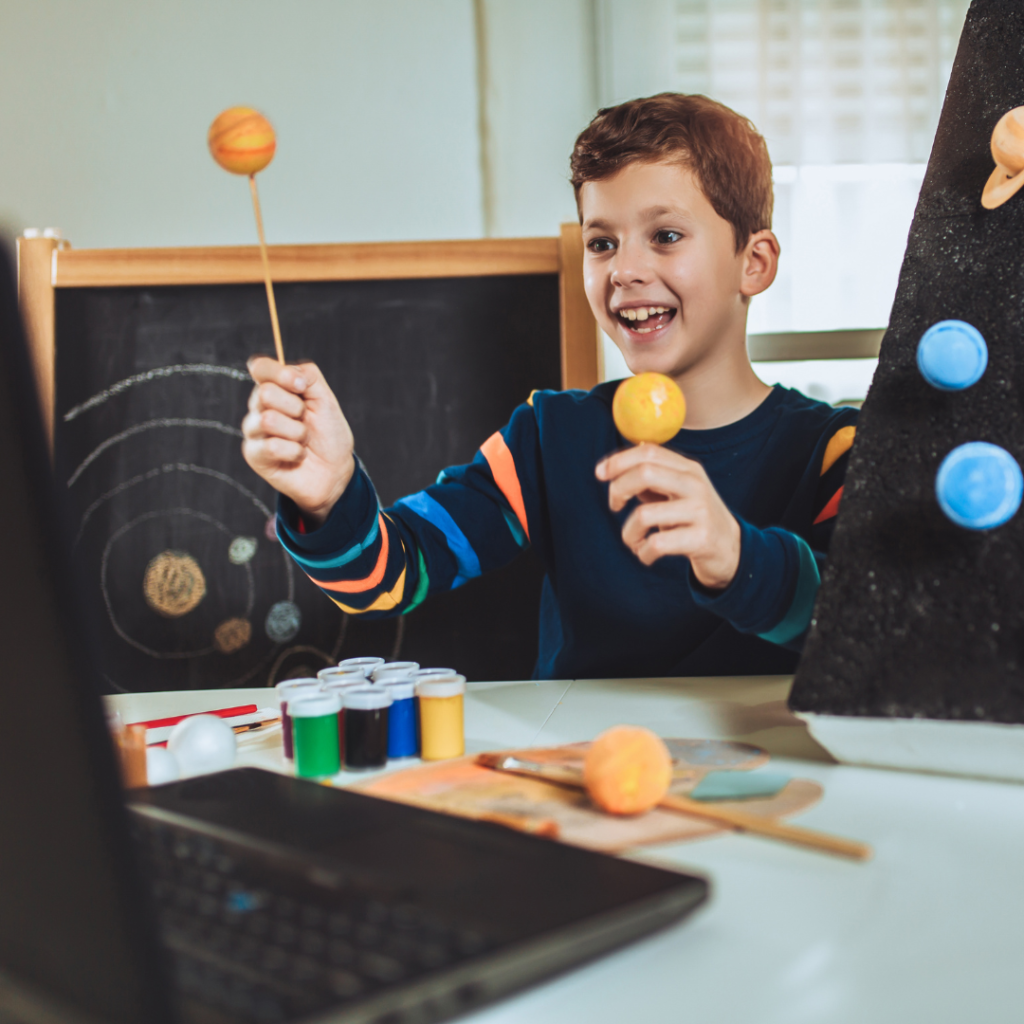
Personal exploration
Autonomy, curiosity, passion, interests, expression
The personal exploration area of the curriculum involves individual passion projects and group projects designed by the students with support from their mentors. We ask learners, what is something that I am curious about; that I want to getter better at; that I’d like to make or that is problematic in my community or the world that I’d like to tackle.
Skills and assessment
We focus on gaining skills...
Pattern recognition and logic
Noticing and forming patterns within our world is an essential skill. It gives us the opportunity to make connections and use logic.
Movement: Gross and fine motor skills
We must continue to learn to use our bodies in big and small ways, learning new skills and practicing those we already have.
Reasoning and critical thinking
Humans need to learn to draw conclusions from the information with which they are presented, and to do so must examine relationships in order to identify, evaluate and construct arguments.
Self-awareness and management
When humans can understand and manage their own emotions, thoughts, and behaviours, they can recognise their strengths and limitations with a well-grounded sense of confidence and purpose. They will also develop capacity to delay gratification, manage stress, and be motivated and autonomous in accomplishing personal and collective goals
Cooperation and collaboration
Learning two distinct forms of team work, we must be skilled at working with others to achieve shared goals (collaboration), and at working to support others to achieve their own goals (cooperation). At the heart of all this is relationships and social communication.
Creativity, ideation and problem solving
The ability to be creative, to generate useful ideas and to solve problems stems from curiosity, open-mindedness, and courageous imperfection. We nurture those.
...and assess as we go through the process
We follow a formative assessment model that uses assessment as a tool to support further learning. Students learn to evaluate their progress in discussion with their mentors and to give and receive kind and specific feedback with their peers. Student reports and exhibitions accompany their portfolios to evidence their work, abilities and progress.
